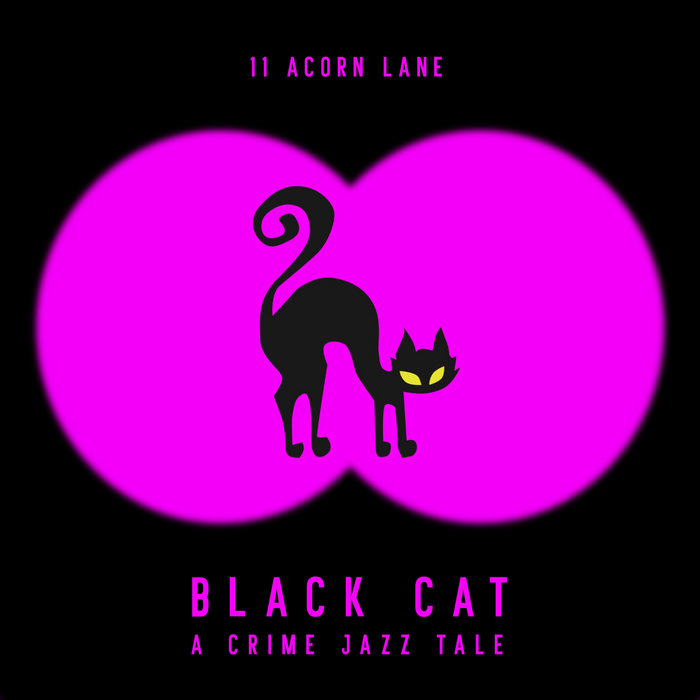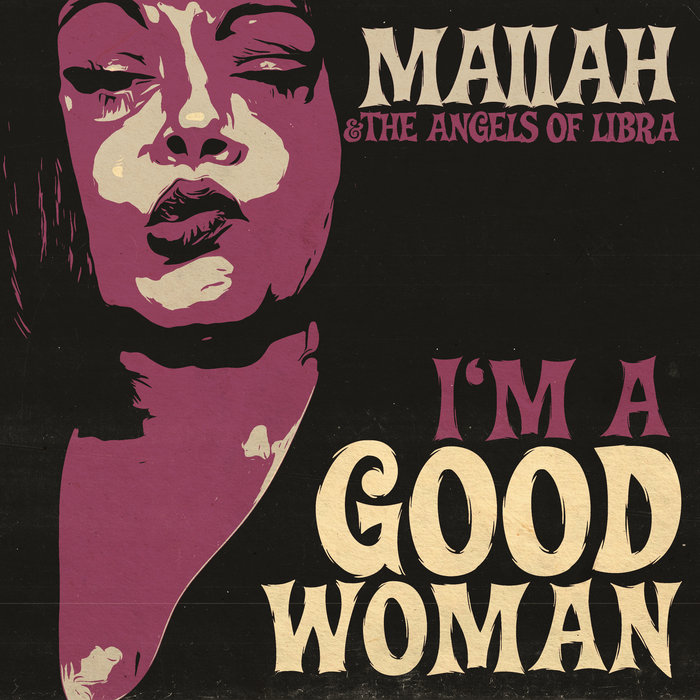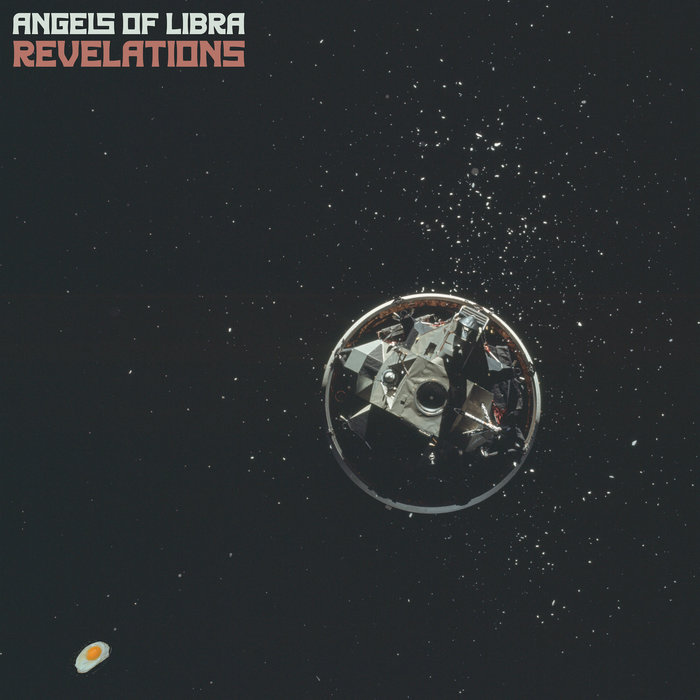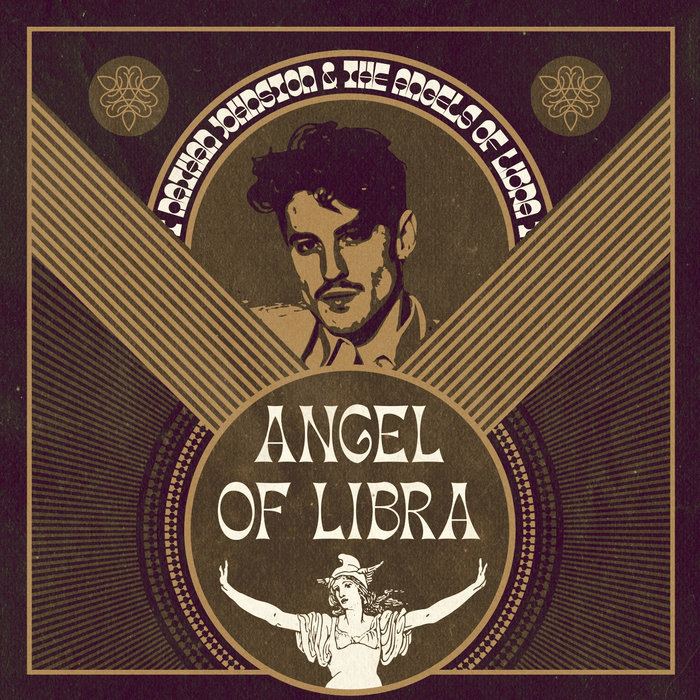
Black Cat (A Crime Jazz Tale) – 11 Acorn Lane
this blog is GROOVY – check out great Soul, Funk, Jazz, Hip Hop, Bass, Breaks , Reggae, House n many more TUNES
Lights, Camera, Action! 🎬 Ever wonder how movies manage to grip your heart or tickle your funny bone? A lot of it comes down to the tunes—those magical film scores that set the mood for every flick. Buckle up as we dive into the funky world of film music and all its catchy quirks!
The ride rolls back to the silent movie era in the late 19th and early 20th centuries. Back then, films were just visual treats with live musicians performing right alongside them. Picture this: a pianist playing lively tunes during a chase scene and dramatic tones when the hero is in trouble! Talk about multitasking.
When “talkies” hit the scene in 1927 with The Jazz Singer, sound finally sync’d up with visuals—what a game changer! But even then, composers like Max Steiner pushed boundaries by layering emotional depth into movie magic. His score for King Kong (1933) was revolutionary; it was one of those first-ever full orchestral pieces designed specifically for film.
Fast-forward to some serious wizardry by men like John Williams—the man behind iconic themes like Star Wars, Jaws, and Indiana Jones. Seriously, could you imagine life without his legendary scores? Fun fact: Did you know that Williams’ famous Jaws theme came from just two notes? Simplicity at its best turned into sheer terror!
But here’s something quirky: Legend has it that while composing for Star Wars, he got so caught up in creating music that he’d literally hum away while conducting—and yes, sometimes he’d make goofy sound effects too!
As Hollywood’s Golden Age blossomed (think 1930s-50s), so did orchestrated scores. Composers started wearing their artistic hats more fiercely than ever before! Miklós Rózsa brought us lush melodies in films like Ben-Hur (1959). And don’t forget Elmer Bernstein’s unforgettable score for The Magnificent Seven, which made cowboy riding feel oh-so-cool!
By now, everything had gotten bigger—with brooding cellos pulling on our heartstrings amidst epic battles on screen. It wasn’t just about making us feel; these maestros created signature styles that would echo through decades.
Then came synths! The ‘80s gave birth to electronic sounds altering traditional scoring forever. Just think about what Vangelis did with Blade Runner—it felt futuristic back then and still holds strong today as a cult classic vibe!
And let’s not forget Danny Elfman who stormed onto scenes bringing whimsical yet creepy stuff from Tim Burton films—like that recognizable tune from The Nightmare Before Christmas where Oogie Boogie just steals your Halloween spirit!
Now let’s sprinkle some fun facts into this cinematic soup:
Bernard Herrmann, known for his chilling work on Hitchcock films (Psycho, anyone?), insisted on recording all his sessions at full volume—even if it meant blowing out speakers or driving poor technicians crazy!
Over time, many composers found themselves typecast based entirely on their works—even leading some guys like Hans Zimmer getting pigeonholed after doing so much epic stuff people thought he was only good at explosions.
Score composer Ennio Morricone, famed for spaghetti westerns like RESPIRO… actually started off by working radio commercials using jingle techniques before hitting gold with haunting guitar riffs.
Then there’s Trent Reznor—the genius behind Nine Inch Nails who also snagged an Oscar along with Atticus Ross—for scoring social media drama thriller The Social Network… Guess he traded headbanging guitars for piano keys successfully!
And who can forget Michael Giacchino who’s done both animation (Up) and high-action fare (Lost) but hilariously once lost an award statue because he decided against letting someone carry it home post-win… Nobody knows where it’s been since!
Today we stand amidst a renaissance—streaming services galore are churning out fresh productions daily! Many filmmakers opt not just big names but emerging talents looking to fuse genres together—from hip hop beats adding flavor in superhero tales (Black Panther) or dreamy pop tracks whispering upon sci-fi misadventures.
With artists jumping between scoring movies and producing chart-topping hits (lookin’ at you Ludovico Einaudi!), experimental mashups push boundaries further than ever before—a great way forward as audiences crave innovation over formulaic compositions.
Speaking of fusion—it doesn’t hurt when musicians sneak tongue-in-cheek references within repertoire either—a cheeky nod can turn an intense moment ironically hilarious whenever viewers catch clever rhythms hidden beneath atmosphere-building orchestration!
So there you have it—a short trip down memory lane illuminating how vibrant musical storytelling shaped cinema culture itself over years filled not only brilliance but plenty laughs alike throughout each thrilling note struck along way—the fun continues endlessly ahead within genre continuing flow onward smashing any mainstream expectations alive alongside pure creativity brewing unpredictably unexpected surprises making everyone groove jubilantly through every frame shown onscreen today!
Let those scores roll baby!! 🎉

Black Cat (A Crime Jazz Tale) – 11 Acorn Lane

I’m A Good Woman – Maiiah & Angels of Libra

Revelations – Angels of Libra (feat. Nathan Johnston)

Angel of Libra – Angels of Libra